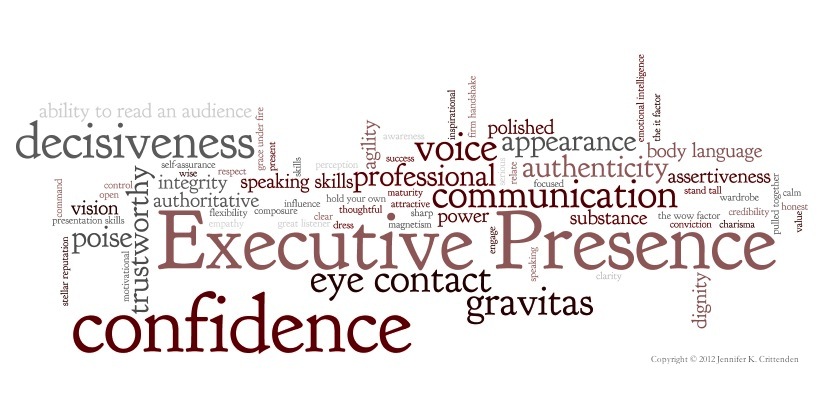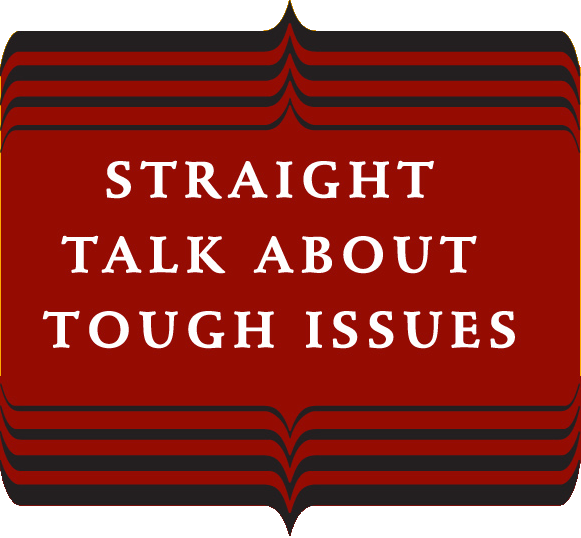Some social skills are simply what we in the United States call common courtesy. If we are fortunate, we are taught these conventions from a young age by our parents and our teachers. For some of us they become second nature; people who come from other cultures must actively learn American customs and consciously practice them to be perceived as well-mannered.
Do not be fooled into thinking common courtesy has no place in the corporate world. On the contrary, employees, coworkers, board members, and shareholders expect their leaders to remain well-mannered even when they are under fire, tired, or worried. I would suggest that in most cases you should follow the conventions of social skills. Behaving in ways that others would describe as rude seems unlikely to make a favorable impression.
Chauffeurs and administrative assistants have told me they could tell how senior an executive was by how polite he was. They reported that junior staffers were the ones more likely to be disrespectful. It behooves us to mimic the behavior of powerful people who treat others kindly, especially those with a lower organizational rank. The concept of noblesse oblige, the inherent responsibility of those in power to act with nobility and generosity toward those less fortunate, fits nicely into You, Not I thinking.
Employees are most likely to see their leaders at semi-social situations, those that are apparently social but in a business context. Those include the holiday party, Friday pizza parties, or summer picnics. If you are in a senior role, or aspire to one, it is important to carry yourself at ease and with grace in those situations. The spotlight is on you, but you have less control than in a formal setting, such as a presentation or a meeting. Being familiar with the conventions of good manners will greatly enhance your presence. Notice the positive impact of these small gestures of courtesy:
When you are: People feel:
polite: respected
courteous: taken seriously
gracious: comfortable
smiling: relaxed
looking at someone: visible
shaking someone’s hand: touched
taking someone’s coat: welcome
picking up what someone has dropped: important
nodding: solidarity
expressing interest: interesting
listening: honored
using good table manners: grateful 🙂
introducing someone: like someone worth knowing
giving a small gift: appreciative
saying thank you: appreciated
Excerpt from You, Not I: Exceptional Presence Through the Eyes of Others
© 2014 Jennifer K. Crittenden





 Ten 90-minute individualized sessions. Private and confidential.
Ten 90-minute individualized sessions. Private and confidential.

